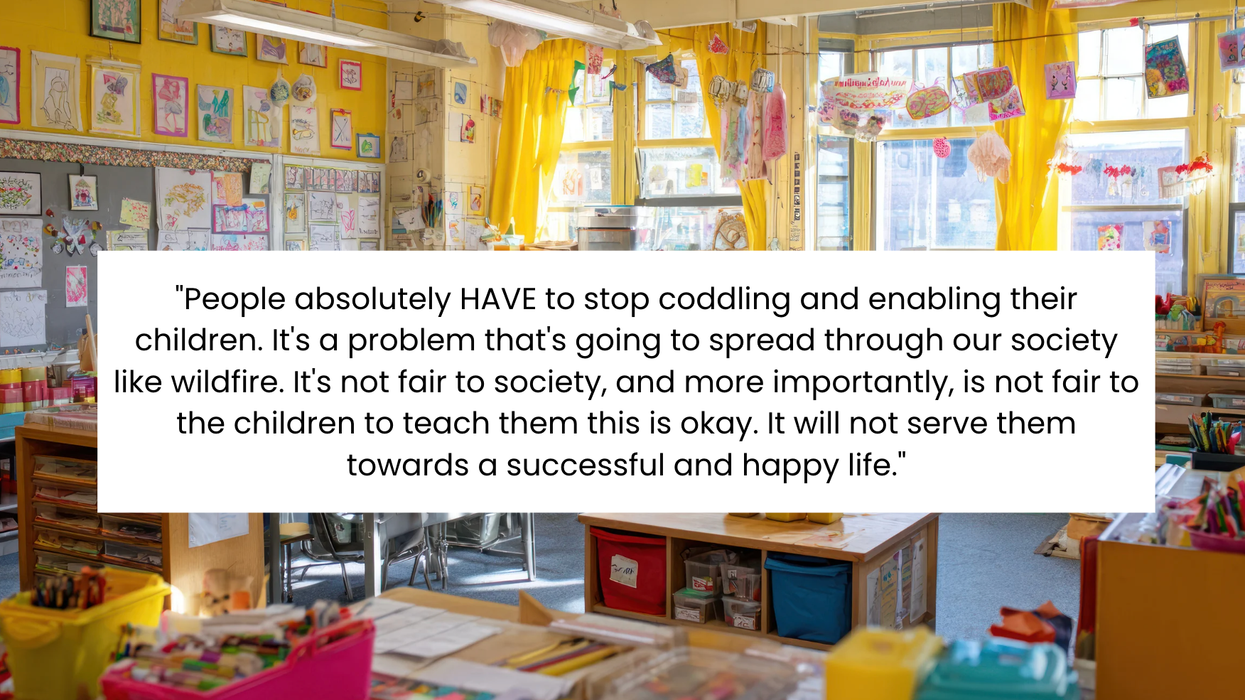Of America’s largest metropolitan areas, the City of Brotherly Love ranks near the top in a less than ideal way, claiming one of the highest rates of functional illiteracy in the country. An estimated half a million adult residents—or nearly one-third of the population—operate below basic education levels. And with 27 percent of the city’s population living in poverty, an astonishing number of individuals lack the basic skills necessary to advance out of their circumstances, whether within post-secondary programs or into gainful employment.
That’s where the Mayor’s Commission on Literacy enters the equation. Though originally assembled in 1983, the Commission was refocused in 2011 by the city’s current mayor, Michael Nutter—around the time the Philadelphia Inquirer called out illiteracy as the scourge of Philadelphia. Today, the Commission leads the nation when it comes to using technology for large-scale adult work-readiness, while working closely with other adult literacy and education initiatives across the city to combat the issues that stem from low literacy.
“Our mayor is kind of a literacy advocate and an adult literacy champion, and he’s charged us to work on behalf of these individuals to help them get jobs,” says Deana Gamble, the director of marketing and communications at the Commission. “There’s all types of other programs that folks do—family literacy and a whole bunch of other great programming. But we’re focused on helping folks get jobs.”
When many of us hear the word “literacy,” reading and writing skills may initially come to mind. But being considered a literate individual in this day and age extends far beyond words on a page. Most day-to-day transactions happen through the internet, or at least through a screen featuring text-based guidance of some sort. And in order to secure a job, fundamental computer skills are undeniably necessary, from filling out a job application to engaging with instructions necessary to the job. Yes, these skills—often referred to as 21st century skills—do include reading and writing, while also addressing technological fluency, digital literacy, critical thinking, problem solving, and basic math skills. Without these proficiencies, low-literate individuals are essentially shut out of the labor market.
“Adults in Philadelphia essentially don’t have the skills that are required for jobs that sustain their families,” Gamble says. “So what we see all the time are folks who are working two or three low-wage jobs just make ends meet.”
Out of a response for a need for adult educational services, the Commission launched MyPLACE—Philadelphia Literacy and Adult Career Education—in January of 2014, which Gamble describes as “online cohort-based classes for adults that test at a fourth to eighth grade level.” Here, adults can register for instructor-facilitated courses, offered either online or in person. Structured education for traditional, K-12 students is also available, though the primary focus is a centralized system for adult learning in Philadelphia that did not exist before.
Since the launch of MyPLACE, about 4,500 individuals have reached out and inquired about its services. And of those, 1,500 have enrolled in courses, according to Jennifer Kobrin, the Commission’s associate director. Though recruiting adults into this program was the initial plan, Kobrin says it hasn’t turned out to be necessary after all. “It just seems like there’s a huge need for this in Philadelphia and let me tell you, our phone is constantly ringing off the hook with people that need services.”
The Commission partners with employment services and career offices, where individuals will go when looking for a job. For employers in Philadelphia, this type of partnership is seen as a benefit—literacy is a critical skill when it comes to getting hired, and the more prepared the applicant pool is, the better. However, Kobrin says, “It is interesting, that dichotomy between people who are banging on our door looking for services, and then the folks that are looking for jobs, but haven’t necessarily made that connection [between literacy and employment].”
Though their literacy levels may be similar, what sets Philadelphia’s adult learners apart from K-12 students is their wealth of wisdom and experience. Says Gamble: “These are grown-ups that have been able to successfully get to wherever they’re at right now and they have a variety of life experiences that they bring to the table,” she says. “So it’s important to keep that in context when you’re tutoring them or teaching them.”
Similar to the range of individuals that come through the Commission, the goals of these learners are different as well. Rather than working for a diploma or a degree, these students come in for a variety of reasons, like improving their skills in one specific subject area or earning their GED. “The goals are very different,” says Gamble. “And it’s not going to happen overnight.”
There is still more work to be done around adult literacy. And the Mayor’s Commission is in this for the long-haul, dedicated to helping adults ages 16 and up enter the workforce to make a livable wage, support their families, and one day, to become leaders in their communities.
















 Otis knew before they did.
Otis knew before they did.